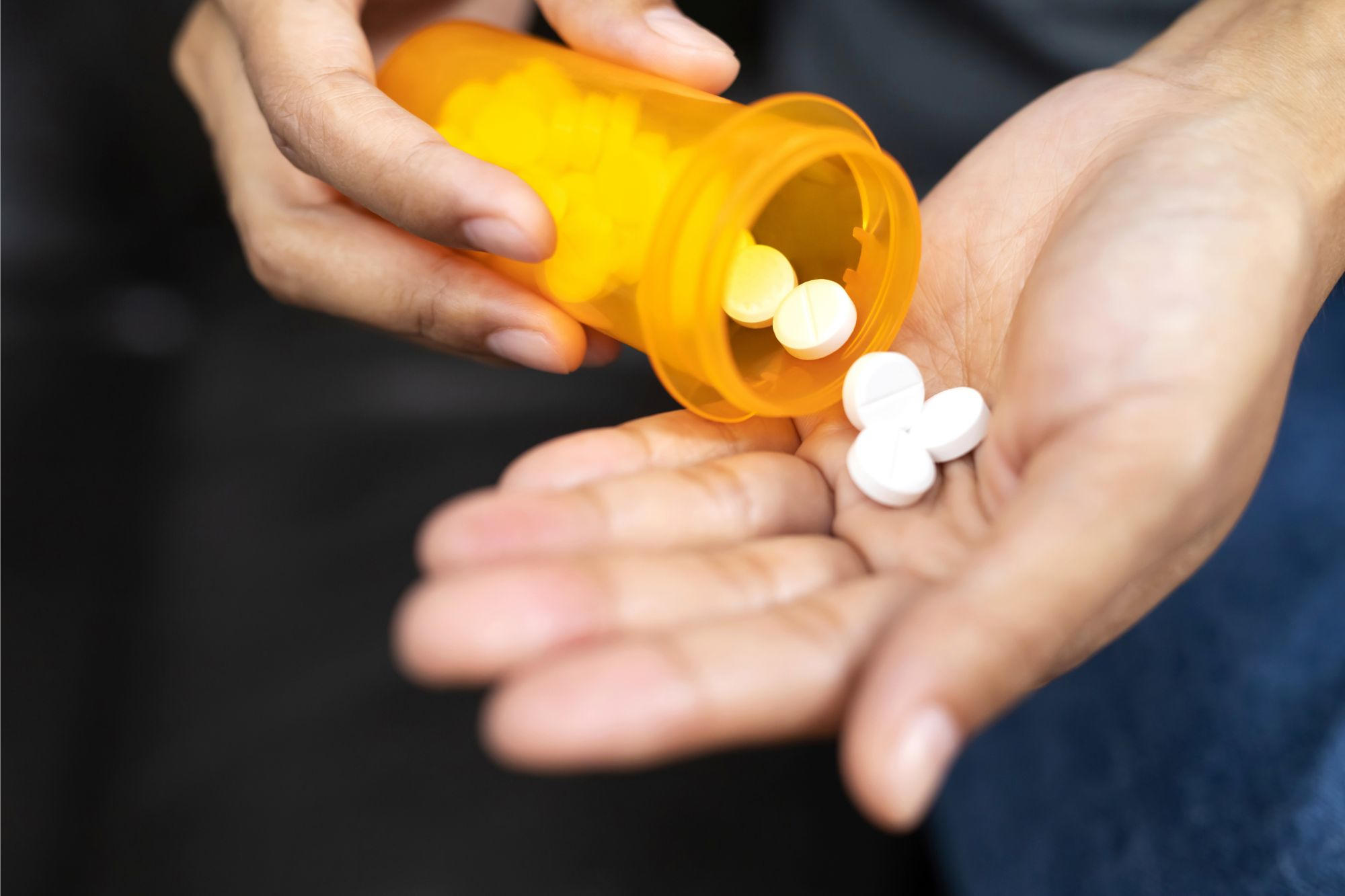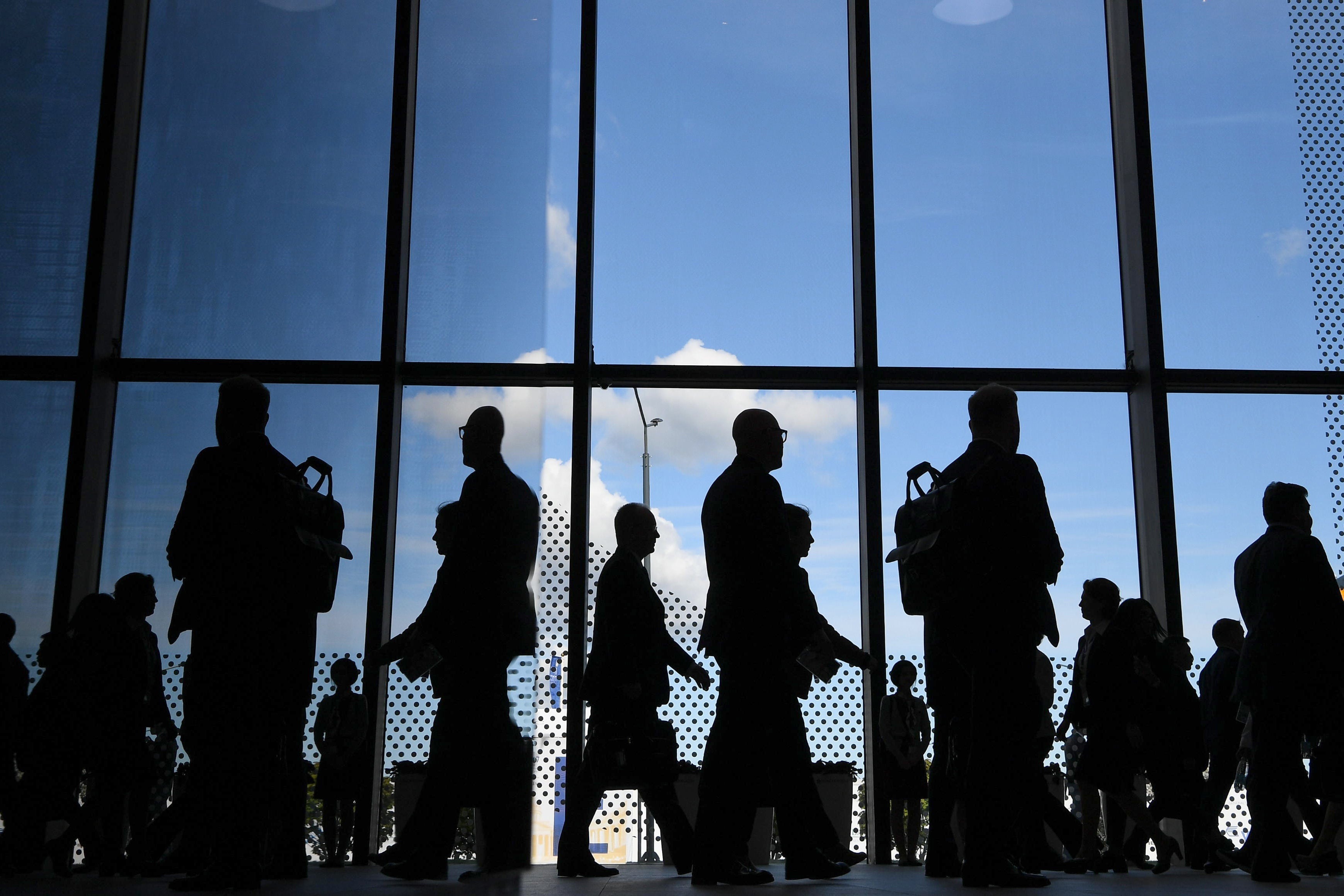
There are a variety of reasons why someone might decide to reduce their intake of caffeine—or cut themselves off completely—that have nothing to do with resolutions. But ‘tis the season for attempting to make changes in our lives that we’ll likely abandon in a few weeks.
Regardless of the reason, if you decide to stop drinking coffee, or wean yourself off your afternoon caffeinated soda, you may find yourself experiencing some unpleasant side effects. And it’s more than lower energy levels: Caffeine withdrawal can cause a wide range of symptoms. Here’s what to know about caffeine withdrawal, and how to handle it.
What are the symptoms of caffeine withdrawal?
It can be easy to forget that caffeine is not only a drug, but one that we can become dependent on pretty easily. Depending on a person’s regular caffeine intake, abruptly stopping—or even reducing—consumption can cause a variety of physical and neurological symptoms.
Keep in mind that when we’re talking about caffeine intake, it’s not just coffee and some teas: You also have to factor in any sodas, medications, and foods with caffeine (like chocolate).
And generally speaking, the more caffeine a person has become accustomed to consuming, the worse their withdrawal symptoms will be.
According to the Cleveland Clinic, some of those include:
- Headaches
- Tiredness
- Difficulty concentrating
- Nausea
- Muscle pain
- Irritability
- Constipation
Depending on a person’s usual caffeine intake (including the time(s) of day they consume it), withdrawal symptoms typically begin 12 to 24 hours after the last time they had caffeine, and tend to last between two to nine days.
How to manage the symptoms of caffeine withdrawal
The fastest (and most obvious) way to get rid of the symptoms of caffeine withdrawal is to give your body what it wants: Caffeine. This sounds reasonable if the withdrawal was circumstantial (like a different work or travel schedule, or cutting down when you’re sick), but for those with the goal of reducing or eliminating their dependence on caffeine, it may sound counterintuitive.
Instead of thinking about caffeine in terms of being a “bad habit,” think of it more like the types of medication that you can’t just stop taking, and have to wean your body off gradually to reduce negative side effects.
Otherwise, you can try to manage temporary pain and discomfort like headaches and gastrointestinal symptoms (like nausea or vomiting) with over-the-counter medications.
Those who experience constipation as part of their caffeine withdrawal may want to consider increasing their fiber consumption—ideally through foods, but over-the-counter medications can also do the trick. Lastly, making sure you stay hydrated and get as much sleep as you can also help you get through the withdrawal period.
Note: This article have been indexed to our site. We do not claim legitimacy, ownership or copyright of any of the content above. To see the article at original source Click Here













